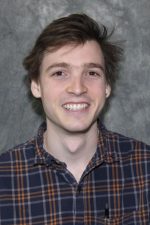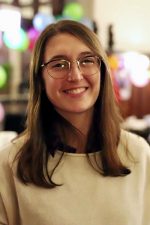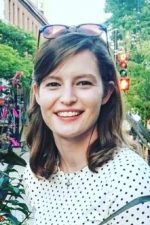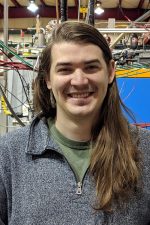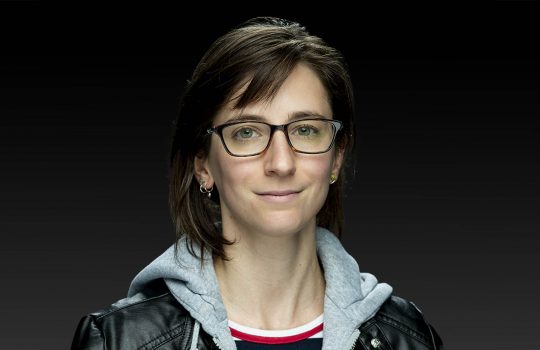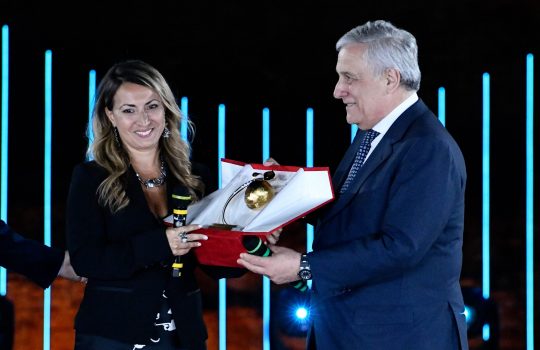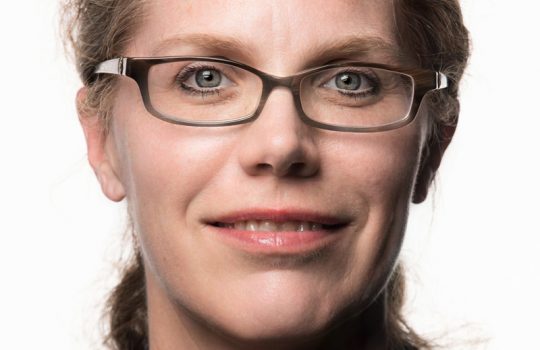Four students have received the prestigious Department of Energy Office of Science Graduate Student Research fellowships to conduct their research at Fermilab. This year DOE awarded 70 students from 52 U.S. universities from all disciplines. The recipients who will conduct their work at Fermilab are:
Evan Angelico, University of Chicago
Detector R&D for particle and accelerator physics
Mentor: Sergei Nagaitsev
Nina Coyle, University of Chicago
High-energy phenomenology
Mentor: Marcela Carena
Melissa Hutcheson, University of Michigan
Experimental high-energy physics
Mentor: Nhan Tran
Dylan Temples, Northwestern University
Dark matter direct detection
Mentor: Hugh Lippincott
The goal of the SCGSR program is to prepare U.S. graduate students for STEM careers critically important to the DOE Office of Science mission by providing graduate thesis research opportunities at DOE laboratory.
The program plays an important role in sustaining a pipeline for highly skilled scientific and technological workforce development: The research projects proposed by the new awardees demonstrate strong alignment with the priority mission areas of DOE Office of Science that have a high need for workforce development.
SCGSR fellows conduct part of their graduate thesis research at a DOE laboratory or facility in collaboration with a DOE laboratory scientist. Their research projects are expected to advance their overall doctoral theses while providing access to the expertise, resources and capabilities available at DOE laboratories.
The fellowship provides supplemental awards for graduate students to spend three to 12 consecutive months at the laboratory.

